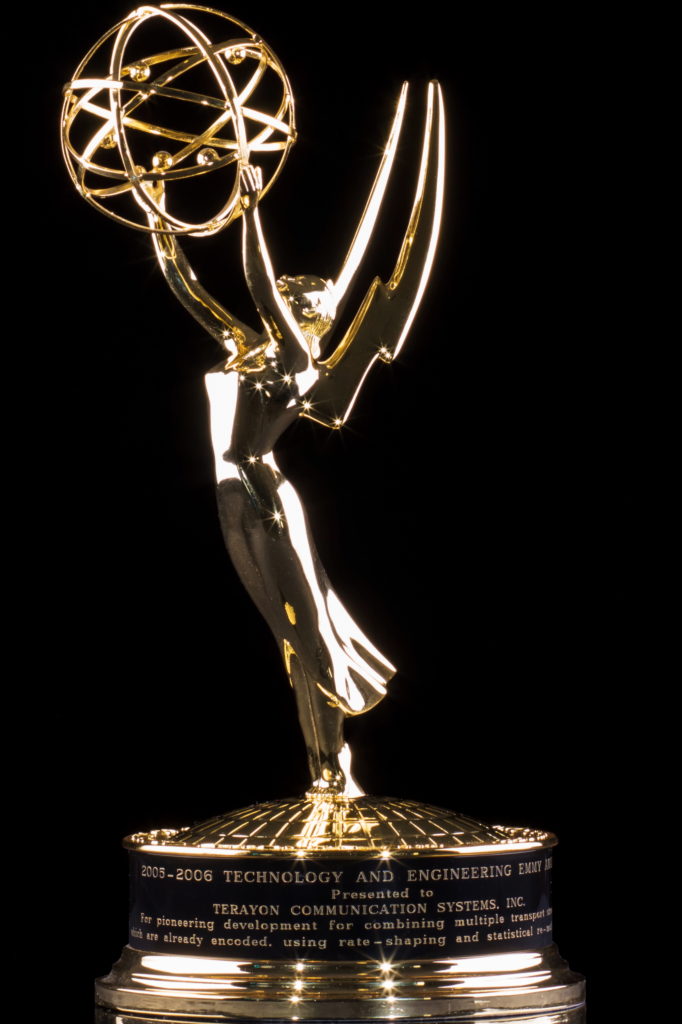The 2019 Emmy Awards were a spectacle to behold; the ceremony was collateral damage of a culture war, straddling the expectations of both Old Hollywood and the growing movement advocating for more diversity in the media.

As the democratization of media increases with the pace of technological advancement, Hollywood institutions like the Emmys have struggled to keep up. Streaming services and web-series have unleashed a wave of diverse and provocative content, yet the Emmys continue to heap rewards upon mainstream shows simply for existing.
“Game of Thrones,” a show nearly a decade old which died this year in a critical disgrace, snagged 14 nominations. “Veep,” a seven-year-old show, didn’t gather as many nominations, but received incredible praise and airtime nonetheless. For “Outstanding Variety Talk Series,” it seemed like every white male comedian who has so much as breathed on late night television was praised while late night newcomers like Hasan Minhaj of “Patriot Act” were overlooked for nominations, and women like Samantha Bee (of “Full Frontal”) were passed up for a win.
It’s no secret that the Emmys have a pattern of exclusion in the nominating process. The losses this year only add to that history; from 1966 to 2015, only seven winners out of 10,001 nominees have been Black. For non-gendered categories like “Outstanding Writing In A Comedy Series” or “Outstanding Writing In A Drama Series,” only 17% and 19% of winners respectively have been women.
The Emmys decided to follow in the sheepish, embarrassing footsteps of The Oscars and not have a host this year. After Kevin Hart was axed as The Oscars host, it seems like the Emmys may have decided to nix a host as a safe bet. After all, it’s a lot easier not to have a host than it is to hold one accountable for being a bigot. When Kevin Hart was announced as a host for the Oscars in 2018, he was criticized for his history of homophobic comedy. The situation was made worse when Hart adamantly refused to apologize, and then dropped out as host. For a month, Hart would continue to try and explain himself on various talk shows, including getting a pass on his homophobia from “The Ellen Show,” dismissing the public demand for an apology. A month after being announced as host and stepping down, Hart issued a weak apology on his own radio show.
The awkwardness of not having a host was palpable, not alleviated in the least by Stephen Colbert and Jimmy Kimmel’s self aware sketch about it. After last year’s Emmys hosts, Colin Jost and Michael Che were overshadowed by their offensive statements. As I watched the show I could almost see the Emmys board of directors holding their breath, praying to avoid a scandal – or worse, backlash from a youth they don’t understand.
However, there were notable wins this year—Ava DuVernay’s series “When They See Us” earned nine nominations, and it’s star Jharrel Jerome won Outstanding Lead Actor in a Limited Series or Movie for his portrayal of Korey Wise of the “Central Park Five”–who he referred to instead as the “Exonerated Five” that night on stage. Billy Porter, a queer Black man, also won “Outstanding Lead Actor in a Drama Series” for his portrayal of Pray Tell in “Pose,” a show that tells the story of New York ball culture and the community it provided for queer youth of color.
In many ways, people of color shone bright at The Emmys, a beacon of talent rightly recognized for their contributions to the success of their shows, but noticeable losses still scarred the night.
During the Emmys, an image of the all white audience went viral, highlighting the lack of diversity among Emmys voters. This homogeneity was proposed by social media as the likely cause for the loss of Beyonce’s “Homecoming” for the “Outstanding Variety Special”award to James’s Corden’s “Carpool Karaoke.”
As described by Netflix’s documentary description, “Homecoming” is an intimate, in-depth look at Beyonce’s celebrated 2018 Coachella performance, reveal[ing] the emotional road from creative concept to cultural movement.” In contrast, “Carpool Karaoke” features celebrities sharing a car, singing along to their personal playlists, and embarking on adventures.
Viewers also claimed the image of the Emmys audience as emblematic of a system that has kept other actors of color like Sandra Oh from recognition. Oh has been nominated for an Emmy eight times, yet has failed to win. While progress was made at the 2019 Emmys in the recognition of actors and artists of color, the wins feel meager when compared to the 14 white winners of the night.
For all the speeches from individual actors about trans rights, the wage gap, and the death of Chris Farley, the 2019 Emmys were a perfect picture of discomfort. As actors of color and queer people clamored to have their stories told, heard, and awarded, the silence returned by the Emmys committee was deafening.


